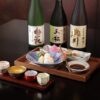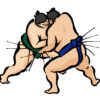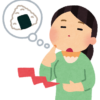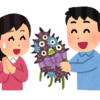What does “Oikutsu” mean? おいくつ
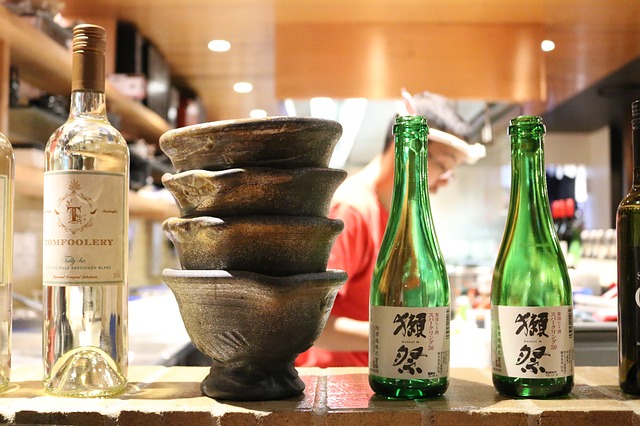
Has anyone asked you a question?
“Oikutsu desu ka?"
If you don’t like it, answer it.
What does “Oikutsu” mean?
“Oikutsu” is an honorific or polite expression for “ikutsu”.
“Ikutsu” means “how many”.
It is literally used to ask how many. However, especially when you are asked “Oikutsu desu ka?", then you are asked your age.
These questions are simply to ask someone their age in Japanese.
“Nansai desu ka?(なんさいですか?:何歳ですか?)"
“Ikutsu desu ka?(いくつですか?:幾つですか?"
The above questions are OK when you ask your friends, colleagues, or children who are up to high school age. However, if you want to ask the age of somebody who seems older than you, people who you met for the first time, or a child if you want to be polite with, you may want to use the following expression.
“Oikutsu desu ka? (おいくつですか?)"
This is just adding “o” to “ikutsu desu ka?” which is one of the examples mentioned earlier. However, the other example can’t have “o” as it is not the correct way.
This “o" has the meaning of “polite" and “honorific".
If you want to say it more politely, there is also an expression as the following:
“Oikutsu de irasshai masu ka?
(おいくつ で いらっしゃい ます か?:お幾つ で いらっしゃい ます か?)”
Well, cultures differ from country to country, but in Japan, women’s age is generally not heard casually.
If you really want to ask a Japanese woman about her age, she may tell you if you put a little introduction, like:
“Shitsurei na shitsumon ja naito iino desu ga…"
(しつれい な しつもん じゃ ないと いいの です が・・・
失礼 な 質問 じゃ ないと いいの です が・・・
I hope it’s not a rude question …
”Anata wa totemo wakaku miemasu ga…"
(あなた は とても わかく みえます が・・・
あなた は とても 若く 見えます が・・・)
I think you look very young …
Perhaps you may be able to lower the hurdle (if any), but please don’t get disappointed if she refuses to tell you.
Examples of asking age
(Casual)
Anata wa ikutsu?
あなたはいくつ?
How old are you?
(Normal)
Anata wa nannsai desuka?
あなたはなんさいですか?:あなたは何歳ですか?
How old are you? (Normal way)
(Polite)
Yamada sensei(teacher) wa oikutsu desu ka?
やまだせんせいはおいくつですか?:山田先生はおいくつですか?
May I ask your age Mrs. Yamada?
(Very polite)
Kobayashi sama wa oikutsu de irasshamasu ka?
こばやしさまはおいくつでいらっしゃいますか?:小林さまはおいくつでいらっしゃいますか?
Would you mind my asking your age, Mr.Kobayashi? (a client or someone in a superior position)
Other “Oikutsu" examples
Of course, “oikutsu" is frequently used when asking how many.
For example, suppose you ask a glass in an izakaya (Japanese tavern) and you didn’t tell the staff how many you wanted.
Then, the staff may ask you as follows.
“Oikutsu omochi shimashouka?
(おいくつおもちしましょうか?:おいくつお持ちしましょうか?)”
How many glasses shall I bring?
”Oikutsu hitsuyou desyou ka?
(おいくつひつようでしょうか?:おいくつ必要でしょうか?”
“How many would you need?”
The above are asking you politely.
Other expressions you might hear in shops in Japan are:
“Oikutsu sashiagemashou ka?
(おいくつさしあげましょうか?:おいくつ差し上げましょうか?)”
How many would you like to take?
“Oikutsu otsutsumi shimasu ka?
(おいくつおつつみしますか?:おいくつお包みしますか?)”
How many would you like me to wrap?
“Oikutsu goiriyou desu ka?
(おいくつごいりようですか?:おいくつご入用ですか?)”
How many would like to get?
There is a traditional Japanese nursery rhyme called “New Year”.
In the lyrics, there is a passage that says “mou ikutsu neru to oshougatu (もういくつねるとおしょうがつ:もういくつ寝るとお正月)How many more times to sleep until we have the New Year?"
The song is about children who can’t wait for the arrival of the New Year.
“Ikutsu” also has many examples.
“Inochi ga ikutsu attemo tarinai.
(いのちがいくつあってもたりない:命がいくつあっても足りない)
Nine lives wouldn’t be enough.
“Ikutsu demo iikara youi shite kudasai.
(いくつでもいいからよういしてください:いくつでもいいから用意してください)
Please prepare as many as you like
“Ikutsumono yama wo koete yatte kita.
(いくつものやまをこえてやってきた:いくつもの山を越えてやってきた)
Came across several mountains.
“Ikutsumono siren wo koete kokomade kita.
(いくつものしれんをこえてここまできた:いくつもの試練を超えてここまで来た)
Overcoming many trials to get here.







